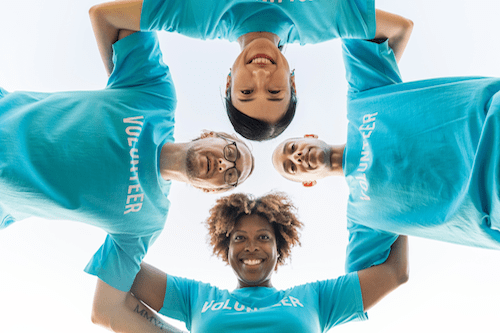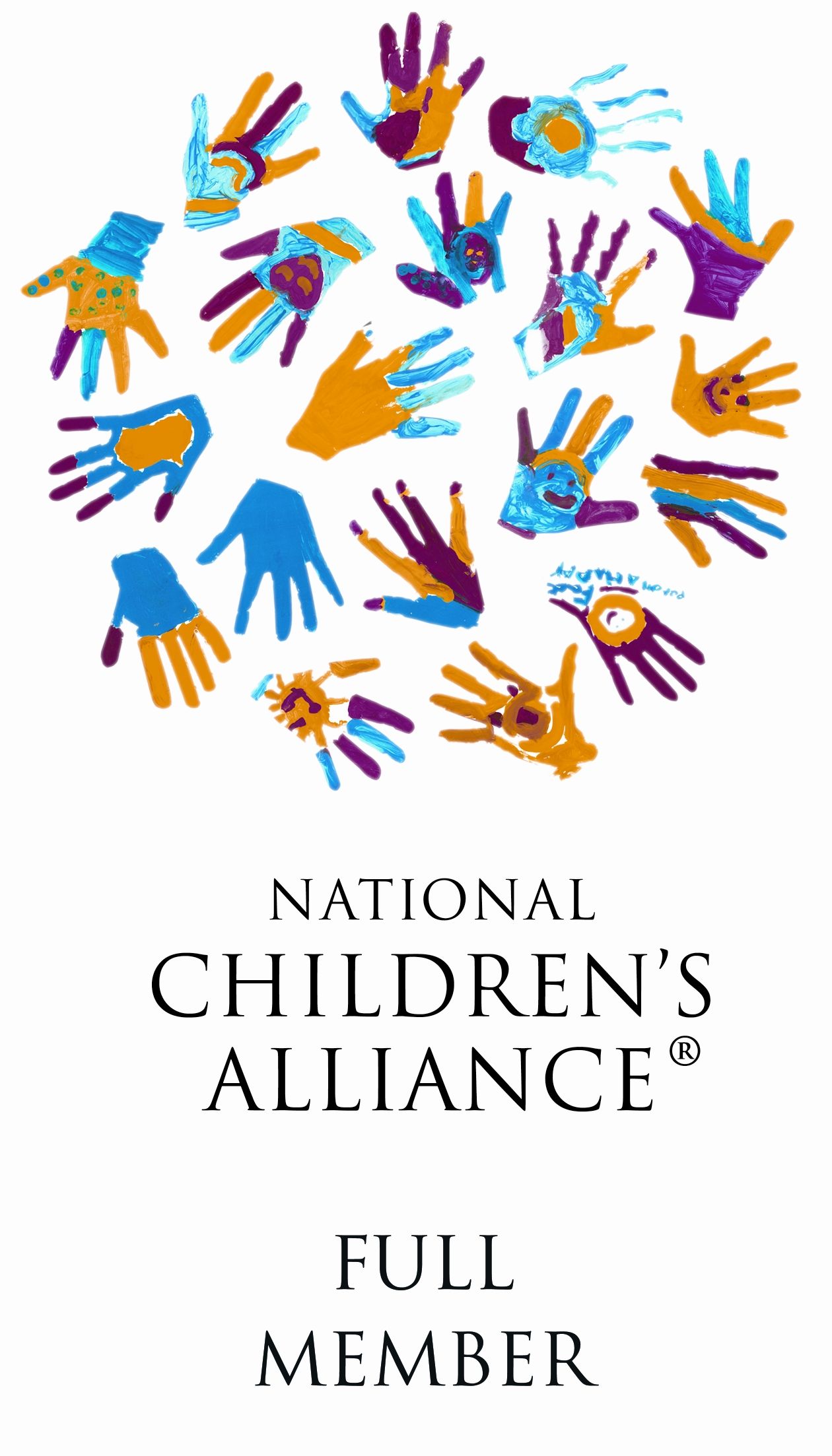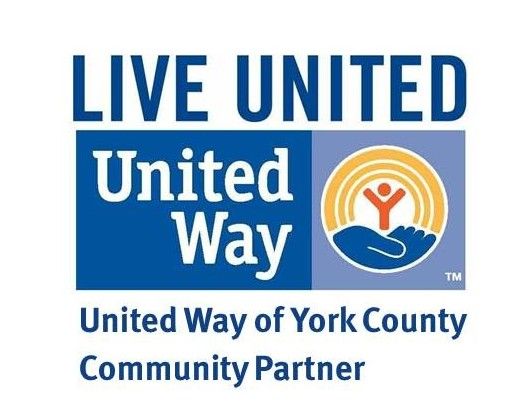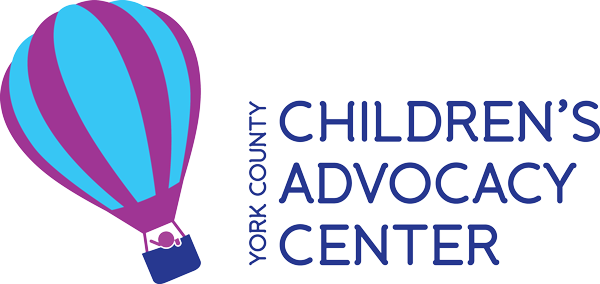Frequent Questions
We at the CAC recognize that this can be a difficult time for your child and your family. Many families have never gone through this process and have many questions about the forensic interview and the investigation. Check out some frequently asked questions below:
-
What is the investigative process?
The team consists of child protective service workers, police officers, assistant district attorneys, advocates, nurses, and a forensic interviewer. All of these professionals are sensitive to the difficult and confusing time that you and your child may be experiencing. The child protective services worker must assess the safety and protection of your child. The forensic interviewer will ask your child questions and be part of the team discussion following the interview. A nurse will address any medical concerns. The police officer is from the location where the alleged incident occurred, and along with the assistant district attorney, will determine if a crime has been committed and what other investigative steps must be taken. The family advocate will assist with identifying and connecting with resources that will benefit you and your child. If the investigation goes forward in the legal system, a Victim/Witness coordinator will help you to navigate the court process.
-
What is a forensic interview?
A forensic interview is a recorded interview designed to elicit a child’s unique information when there are concerns of possible abuse or when the child has witnessed violence against another person. The forensic interview is conducted in a supportive and non-leading manner by a professional trained in a nationally recognized Forensic Interview model. Interviews are remotely observed by representatives of the agencies involved in the investigation (such as law enforcement and child protective services).
-
What should my child know about the interview?
Children seem to be put at ease by knowing what to expect. It is helpful to inform your child that someone wishes to talk with him or her about what was reported. It is important to reassure your child and give him or her permission to talk freely; however it is equally important not to rehearse with your child or tell your child what to say.
-
What should my child know about the medical exam?
If your child receives a medical examination, explain that this is to make sure that his or her body is healthy. Assure your child that this exam will not hurt and that the forensic nurse will tell your child everything that she will be doing prior to the exam. If a medical is not scheduled at the time of your child's interview, you may request a medical exam by contacting the family advocate.
-
Can I be in the interview room or watch when my child is being interviewed?
It is important for the interviewer to talk with your child alone. If something abusive has happened to your child, it might initially be difficult for your child to talk about this in front of you. If your child discloses abusive incidents it might be upsetting to you. The team members have the responsibility of observing, assessing and investigating the allegations. The team’s focus must be on your child. Therefore you are not permitted to observe the interview.
-
Will my child have to come back to the CAC?
Generally, children visit the CAC one time when an allegation is being investigated. Some children do benefit from having their interviews spread out over multiple sessions, these are referred to as extended interviews. If the team feels an extended interview would benefit your child, you will be informed the day of the first interview session and then additional sessions will be scheduled as needed. If different allegations are made in the future, your child may come back to the CAC for a interview on those allegations.







